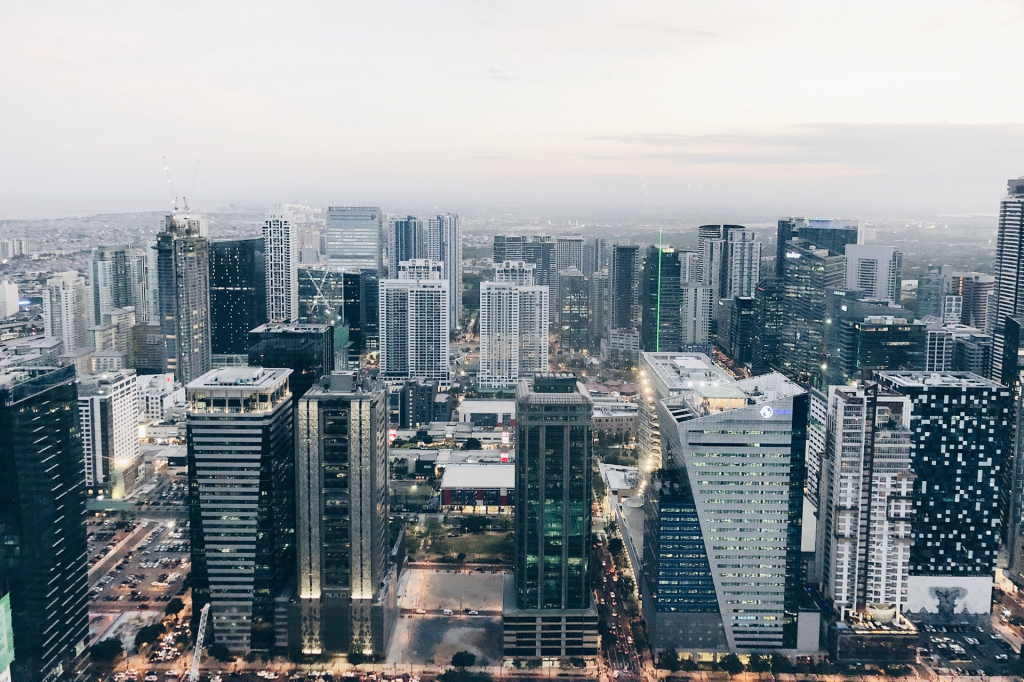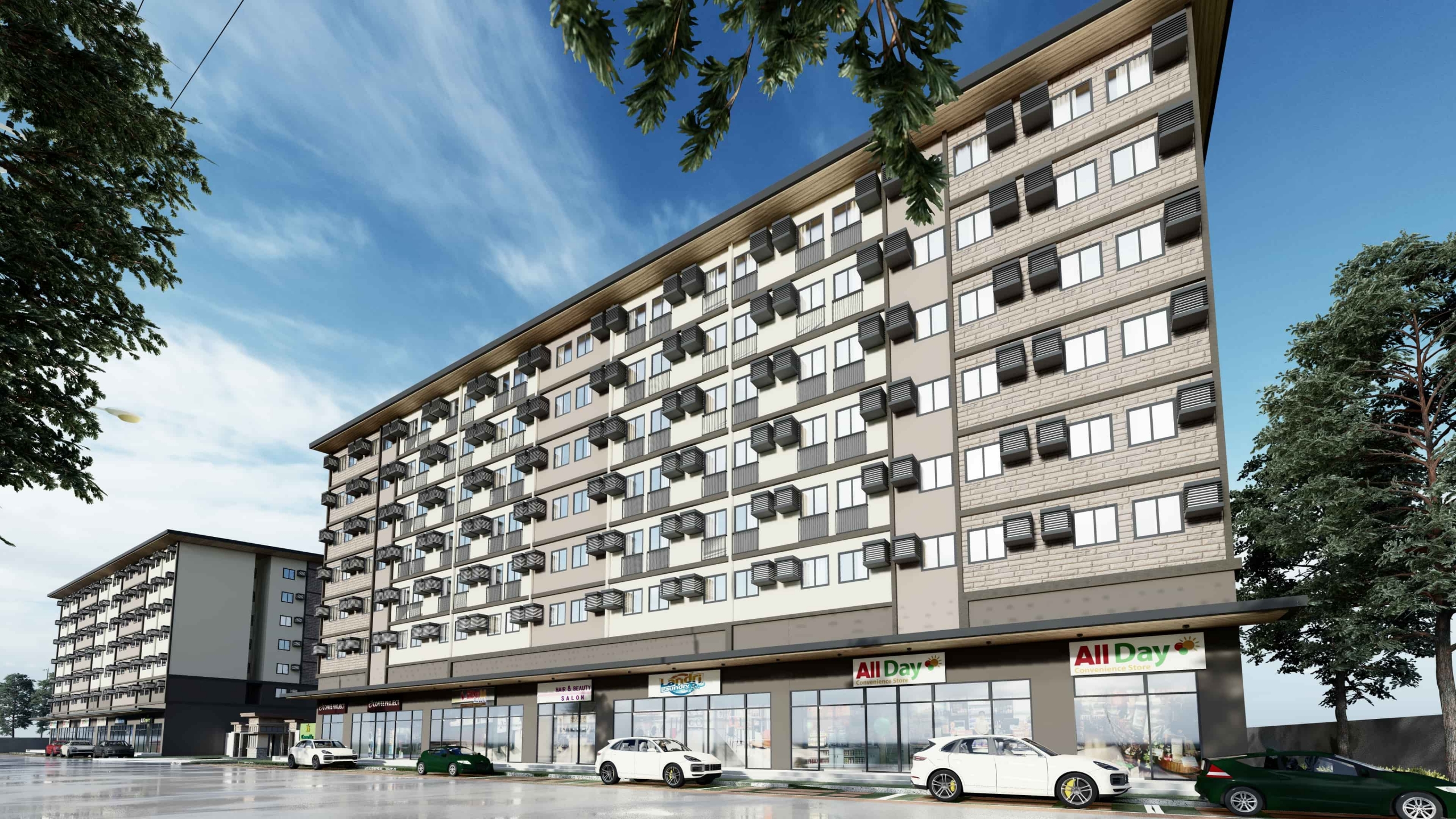
In August 2022, the Philippines’ Socioeconomic Planning Secretary Arsenio M. Balisacan said that the country is aiming to become a high-income economy by 2045 at the latest. He discussed action plans toward this goal and its implications for businesses during the previous European Chamber of Commerce of the Philippines luncheon meeting.
Mr. Balicasag explained how this has always been a goal of the former Duterte administration. However, throughout the pandemic and the change in administration, the timeline has been adjusted. The target year for the Philippines to become a high-income economy was initially set for 2040. In line with the economic downturn caused by COVID-19, this date has been pushed back to 2045.
The current state of the Philippines’ economy
When the pandemic broke out, even nations with high-income economies took massive hits, according to the World Bank. In the Philippines, economic growth contracted by a record 9.6% in 2020, affecting not just the low-income bracket but also the middle-income and upper-middle-income segments of society. This was a direct effect of the strict lockdown measures implemented by the government to mitigate the spread of COVID-19.
Following the economic headwinds, the country is facing soaring inflation. By the start of 2023, inflation skyrocketed to 8.5% from December 2022’s 7%. This uptrend was driven by a rising year-on-year increase in the index of housing, water, electricity, gas, and fuels. Food and beverages were also heavily impacted by inflation, climbing to 10.7% from 10.2% in December 2022. Filipinos’ lower-than-average per capita spending also inhibited economic growth.
Despite the challenge of bouncing back from the COVID-19 dip and high inflation, the Philippine economy remains resilient. National experts are confident that it can still be part of countries with high-income economies by 2045 at the latest, given that the proper measures are enacted.
How the PH can achieve its high-income economy goal
Mr. Balicasan cited the following government priorities as the main drivers toward its high-income economy goal:
● Reinvigorating job creation
● Rapid poverty reduction
● Hastening economic transformation
He further says that the administration will continuously work on these priority points all while adhering to macroeconomic management.
From a macroeconomic perspective, Mr. Balicasan says that public-private partnerships (PPPs) and foreign investment can propel the economy forward faster. While there may have been some apprehension about PPPs from the public and local businesses in past years, the socioeconomic planning secretary is optimistic about the shift in openness.
Specifically, he highlighted three legislation moves that demonstrate how the public is more receptive to PPPs and foreign investment:
1. Retail Trade Liberalization Act
Republic Act No. 11595 (“RA 11595”), otherwise known as ‘An Act amending Republic Act No. 8762 or the Retail Trade Liberalization Act of 2000 (RTLA) by lowering the paid-up capital requirement for foreign retail enterprises and other purposes.’, was signed into law by former President Rodrigo Duterte in December 2021.
Under RA 11595, foreign-owned corporations can forego the previous requirement to form and organize under Philippine law. The act also lowers the paid-up capital requirement for foreign retailers, regardless of category, to only Php 25 million. This amendment extends to online foreign retailers as well.
2. The Foreign Investment Act
Republic Act 7042, also known as the “Foreign Investments Act of 1991,” regulates foreign investments in the Philippines. Under the law, anyone can invest in domestic market enterprises with up to 100% equity, regardless of nationality.
Although the law imposes some restrictions, including the segmentation of a Philippine company (those with 60% Filipino equity) from a foreign-owned domestic company (more than 40% foreign equity), it aims to encourage foreign investors to start ventures and operations in the country. In turn, that would generate employment opportunities, develop resources, boost the value of export goods, and help push the overall economy forward.
3. The Public Service Act
Recent amendments to the Public Service Act (PSA) empower key sectors of the Philippine public service industry previously subject to the imposed 40% foreign equity restriction on public utilities. Under the amendments, sectors like railways and subways, airlines, expressways, tollways, transport network vehicles services, domestic shipping, and telecommunications are made exempt from the equity cap. The amended PSA now generally allows foreign nationals to own up to 100% equity in businesses that offer these services.
The liberalization of these sectors can be game-changing for the Philippine economy, attracting foreign investors. Moreover, it provides opportunities for improved public services, including faster internet speeds, more robust transport systems, and cheaper telecommunication– all of which can contribute to productivity and domestic growth.
“I still think that the way for us to move is not to close our doors. But, obviously, there are sectors that we’ll need to be quite sensitive about because they are politically sensitive sectors,” Mr. Balicasan said.
Becoming a high-income economy by 2045
In addition to shifting public sentiments toward these changes, Mr. Balicasan implores concerned authorities like NEDA to implement constructive and corrective strategies to reach the goal. Sustaining these plans and partnerships may be a major undertaking, but the outlook remains positive. There may be challenges along the way, but the Philippines is well on the way to becoming a high-income economy by 2045.

Check out our Condo for Sale Properties
Discover our condo for sale properties in the Philippines


